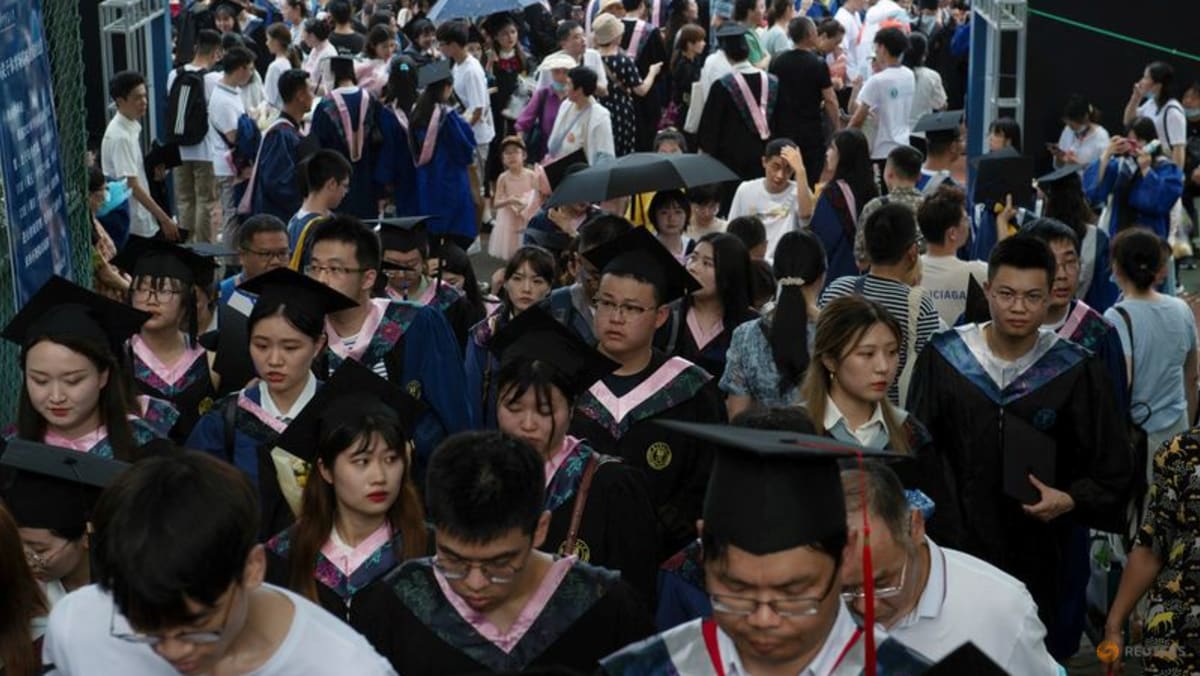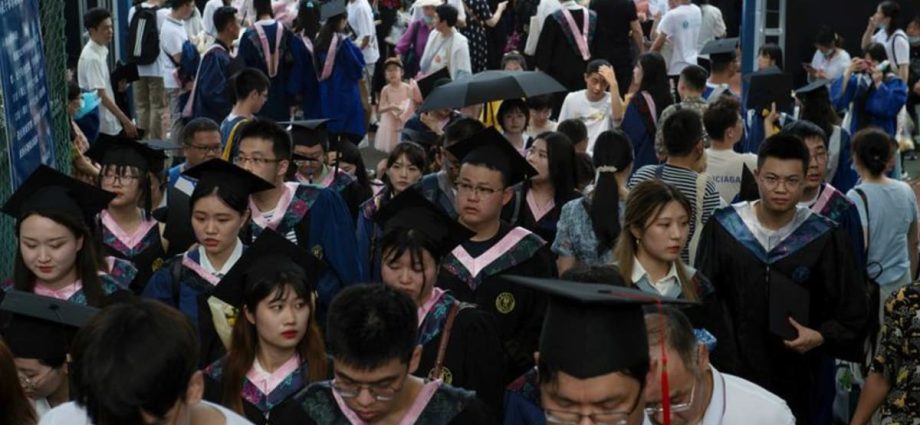
Zhang’s research focused in part on the impact of the outbreak on the manufacturing hubs of Suzhou and Kunshan in eastern China.
“Employment there only recovered to two-thirds of pre-COVID levels till March, when COVID-19 faded,” she wrote. “Young people remain major workers in the manufacturing sector, so they were hit more badly.”
Additionally, regulations introduced since 2021 in the tutoring, property and online platform sectors have disproportionately hit young employees and the well-educated, she said.
Calls by Reuters to Zhang’s work phone went unanswered and the statistics bureau did not immediately respond to a request for comment.
One user on China’s popular Twitter-like microblog Weibo criticised Zhang’s article on Thursday, saying her statistical methodology was flawed, as economists generally do not count people who are not actively seeking work when compiling estimates for joblessness.
But other social media users focused on how hard it is still to find a job in China.
“The reason why so many graduate students flock to sit postgraduate or civil servant exams instead of looking for jobs is because they just cannot find jobs,” according to one Weibo post.

